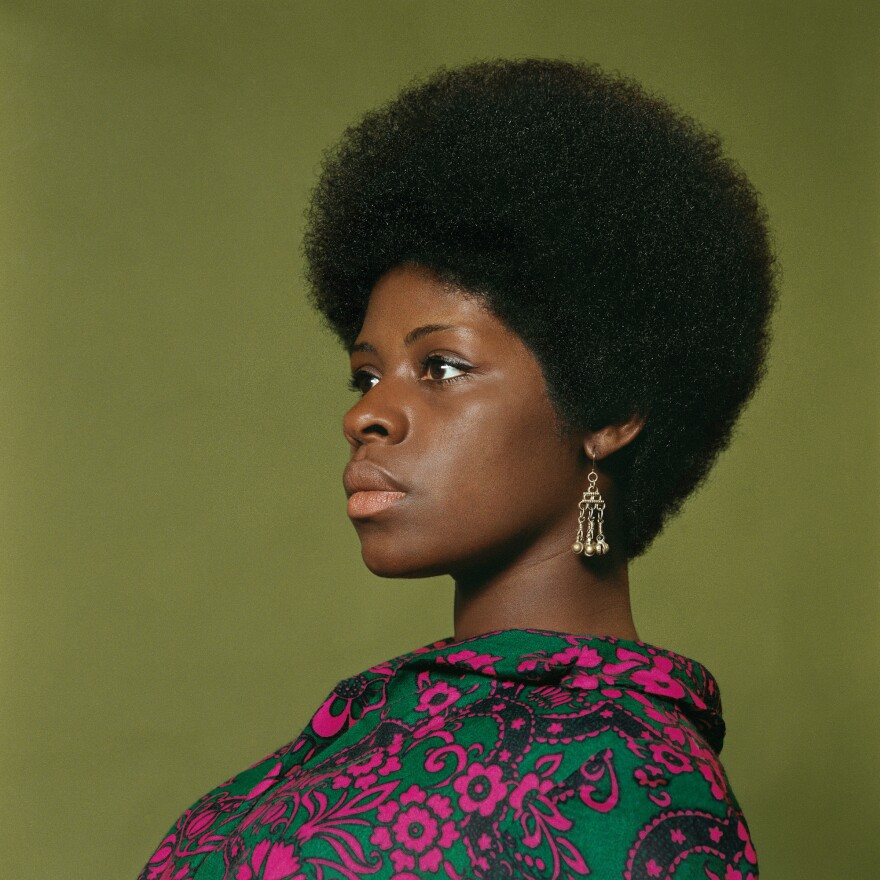Photographer Kwame Brathwaite, who helped popularize the "Black is Beautiful" movement of the 1960s, has died. From Nelson Mandela to Muhammad Ali and the so-called Grandassa Models, Brathwaite's work embraced Black power and beauty. He chronicled events such as The Motown Revue at the Apollo in 1963, The Jackson 5's first trip to Africa in 1974, and the legendary Foreman-Ali fight, The Rumble in the Jungle.
Brathwaite's death was announced by his son on Instagram.
"I am deeply saddened to share that my Baba, the patriarch of our family, our rock and my hero, has transitioned. Thank you for your love and support during this difficult time," writes Kwame S. Brathwaite, who maintains his father's archive.
In recent years, Brathwaite's work has been the subject of exhibitions, books and even a fashion line created by Rihanna.

Inspired by Jamaican-born activist Marcus Garvey, Brathwaite was deeply involved in Black culture and activism beginning in the 1950s – he and his brother Elombe Brath helped organize concerts at clubs in the Bronx and Harlem. Kwame photographed them. They helped create AJASS, the African Jazz Art Society & Studio.
Born Ronald Brathwaite in Harlem in 1938, his parents were from Barbados. The family moved to the Bronx when he was five. His father was a tailor who owned dry cleaning businesses. His mother sold homemade Caribbean dishes from their home.

Grandassa Models celebrated natural beauty
Brathwaite's series of photographs of Grandassaland Models was inspired by the term Grandassa, coined by Carlos Cooks, founder of the African Nationalist Pioneer Movement. The idea was to inspire Black women to embrace their African heritage rather than try to emulate white women by straightening their hair.
"We said, 'We've got to do something to make the women feel proud of their hair, proud of their blackness,'" Brathwaite told The New Yorker.
Grandassa Models put on popular fashion shows called "Naturally."

Reflecting on that time, Braithwaite told Vogue, "I remember every second of it. There was so much joy in making those shows. It was all about cooperation and working together." He continued, "My goal was always to capture the beauty of black women, to restore black pride and the spirit of black women."
Among the recent exhibitions of Brathwaite's work, The New-York Historical Society presented Black Is Beautiful: The Photography of Kwame Brathwaite.
Michael Famighetti, who edited Kwame Brathwaite: Black Is Beautiful, tells NPR in an email, "It is inspiring how Brathwaite used his photography to propel the Black Is Beautiful message through a savvy combination of art, fashion, music, and community activism." Famighetti says Brathwaite, "was a visionary, and it's been amazing to see his work from the 1960s come back into view, resonate with a younger group of photographers grappling with issues of representation, capture the popular imagination, and even influence a contemporary cultural giant like Rihanna."
Copyright 2023 NPR. To see more, visit https://www.npr.org.



